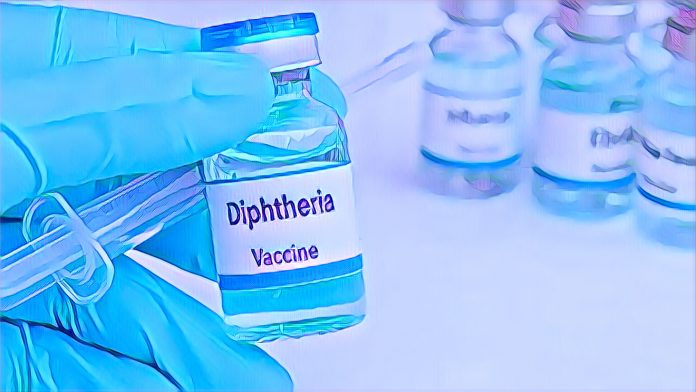The Nigerian government announced significant progress in its national vaccination program and healthcare infrastructure development. Health Minister Prof. Ali Pate, during a ministerial briefing, highlighted achievements in vaccinating children against diphtheria, measles, and cervical cancer.
Over 5 Million Vaccinated Against Diphtheria
The federal government has surpassed the 5 million mark in vaccinating Nigerian children against diphtheria using the pentavalent vaccine. This five-in-one vaccine also protects against tetanus, hepatitis B, Haemophilus influenzae type b, and polio. More than 10 million children have received tetanus and diphtheria vaccines alone.
Efforts are underway to stop the spread of circulating variant polio viruses in northern Nigerian states. Kano, Katsina, Sokoto, Zamfara, and Kebbi states have all reported cases of these viruses.
The government reports delivering measles vaccines to over 5 million children. In a significant step towards preventing cervical cancer, nearly 5 million girls between the ages of 9 and 14 have received HPV vaccinations in 15 states. This represents an 80% achievement rate, one of the highest globally. An additional 6 million girls in 21 states are scheduled to receive the HPV vaccine starting later this month.
Improvements in Healthcare Infrastructure and Equipment
The federal government highlighted upgrades to hospital infrastructure and equipment across the country. Over the past year, federal hospitals have completed more than 200 infrastructure projects. Additionally, nearly 180 essential medical equipment pieces were procured and distributed throughout Nigeria’s six geopolitical zones.
Federal tertiary hospitals reported approximately 4.5 million outpatient visits and 1.6 million inpatient admissions in 2024. These numbers suggest increased utilization of healthcare services offered by the federal government.
Recognizing the importance of a robust healthcare workforce, the government has doubled the intake capacity of health professional training institutions. Enrollment quotas for medical schools, nursing schools, and other healthcare programs have risen from 28,000 to 64,000 annually. Efforts are underway to ensure quality education alongside this expansion.
Addressing Doctor Brain Drain and Compensation
The article acknowledges the challenge of doctor brain drain, with over 100 young medical graduates securing residency positions in the US in the past seven months. The government is issuing certificates to allow these doctors to return to Nigeria for training while also addressing domestic compensation and allowance issues.
To improve healthcare affordability, the government is working to expand health insurance coverage through the National Health Insurance Authority (NHIA). The aim is to cover more Nigerians, particularly the vulnerable and those in the informal sector.
The Nigerian government’s efforts encompass vaccination programs, infrastructure development, workforce expansion, and improved access to healthcare services. These initiatives aim to create a more robust and accessible healthcare system for all Nigerians.
Source: Vanguard



